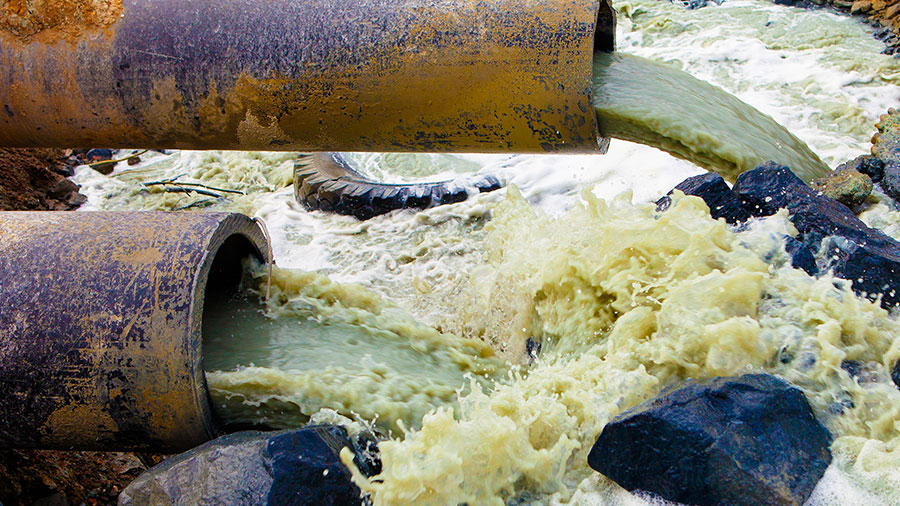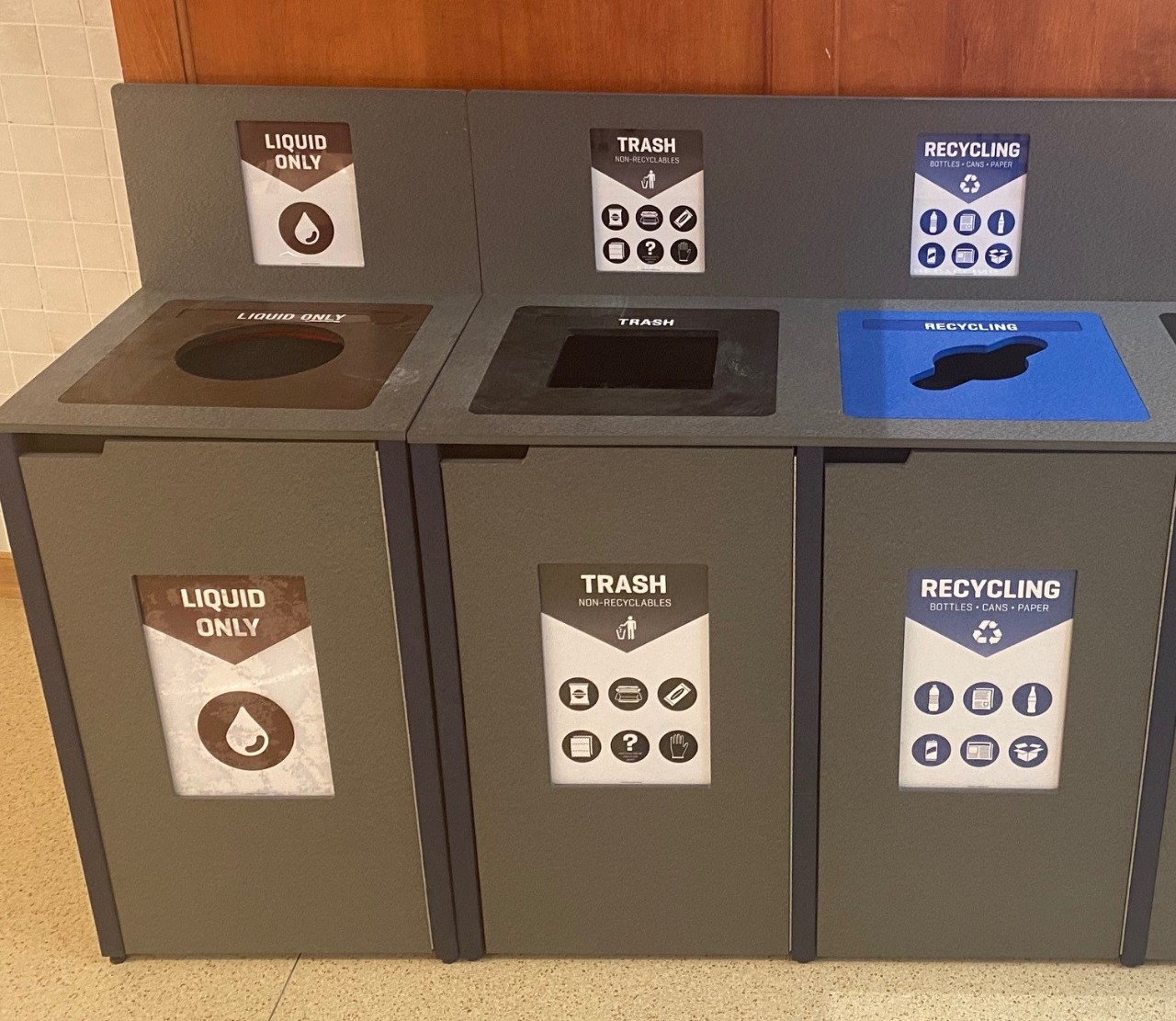Leading Liquid Waste Disposal Melbourne: Trusted Services for Correct Waste Management
Leading Liquid Waste Disposal Melbourne: Trusted Services for Correct Waste Management
Blog Article
Comprehending the Comprehensive Refine of Liquid Waste Disposal: Ideal Practices and Environmental Impact Considerations
The administration of liquid waste disposal is a multifaceted problem that calls for a detailed understanding of different ideal practices and their connected environmental impacts. From the types of liquid waste generated to the approaches utilized for collection, therapy, and final disposal, each step plays a vital duty in protecting ecosystems and public health and wellness.
Kinds Of Fluid Waste
Understanding the different kinds of fluid waste is crucial for efficient management and disposal methods. Liquid waste can be extensively categorized right into numerous kinds, each requiring distinct handling and treatment strategies.
Industrial liquid waste commonly consists of hazardous products, including hefty metals, solvents, and chemicals, generated throughout making procedures. These wastes demand rigorous regulative conformity to protect human health and wellness and the atmosphere. Residential fluid waste mainly refers to wastewater created from families, including sewage and greywater, which, although much less poisonous, can still present significant dangers if poorly handled.
Agricultural liquid waste, consisting of drainage from ranches, frequently contains plant foods and pesticides that can lead to ecological destruction otherwise dealt with adequately. Medical liquid waste, produced from healthcare facilities, consists of polluted fluids such as physical fluids and chemicals, needing specialized disposal approaches to avoid infection and ecological contamination.
Finally, oil and oil waste, normally produced by dining establishments and auto markets, can create extreme blockages in drain systems otherwise handled correctly. Understanding these classifications assists in targeted techniques for treatment, compliance with policies, and reliable disposal methods, inevitably advertising ecological sustainability and public health and wellness safety.

Collection Methods
Reliable collection approaches are crucial for the proper management of fluid waste, ensuring that it is gathered safely and effectively before treatment or disposal. Different methods are utilized depending upon the kind of fluid waste created, the quantity, and the specific characteristics of the waste.
One common approach is the use of dedicated collection containers or sumps, which are made to catch liquid waste at the source. These systems typically include pumps that facilitate the transfer of waste to bigger storage containers or treatment centers. In addition, mobile collection devices outfitted with vacuum cleaner innovation are employed in situations where waste is produced intermittently or in hard-to-reach areas.
For commercial settings, closed-loop systems can properly lessen spills and leakages, permitting for the recuperation and reuse of fluid waste. It is likewise vital to educate personnel on proper collection protocols to alleviate threats associated with hazardous materials.
In addition, applying regular upkeep timetables for collection devices ensures optimal performance and security. The integration of innovative tracking systems can enhance collection performance by giving real-time information on waste degrees and prospective risks. Overall, effective collection approaches are foundational to lasting fluid waste management practices.
Therapy Procedures
Therapy processes play an essential function in the administration of fluid waste, transforming potentially hazardous materials into multiple-use resources or risk-free effluents - liquid waste disposal. These procedures can be broadly categorized right into physical, chemical, and organic approaches, each tailored to address details impurities present in the waste stream
Physical treatment techniques, such as sedimentation and filtering, job by removing suspended solids and particle issue. These techniques are typically the primary step in the therapy chain, efficiently decreasing the lots on succeeding procedures. Chemical treatments include the use of reagents to neutralize dangerous compounds, speed up hefty metals, or oxidize natural pollutants, thus boosting the safety of the effluent.
Biological therapy processes, consisting of turned on sludge systems and anaerobic food digestion, take advantage of the natural capabilities of microorganisms to break down natural issue. These techniques are specifically effective for wastewater consisting of find naturally degradable toxins. Advanced treatment innovations, such as membrane filtering and progressed oxidation procedures, are significantly utilized to accomplish greater levels of filtration.
Integrating a mix of these therapy methods not only ensures compliance with governing requirements however also advertises environmental sustainability by recuperating valuable sources from fluid waste.
Disposal Options
Just how can organizations make certain the risk-free and responsible disposal of fluid waste? Effective disposal alternatives are crucial for guarding public health and wellness and the environment. The primary techniques include land incineration, disposal, and therapy complied with by discharge right into metropolitan wastewater systems.
Land disposal involves the careful containment of liquid waste in assigned landfills, guaranteeing that it does not pop over to this site leach right into surrounding dirt or water. Incineration, on the various other hand, topics liquid waste to high temperature levels, converting it into ash and gases, which need appropriate filtering to reduce exhausts. This method appropriates for hazardous wastes that can not be treated with standard ways.
In instances where liquid waste can be treated, companies may select biological or chemical therapy procedures to neutralize damaging components prior to discharging the dealt with effluent into municipal systems. This path usually aligns with governing needs, making sure that the effluent satisfies security criteria.
Ultimately, organizations need to carry out thorough analyses of each disposal choice to determine its practicality, thinking about variables such as waste composition, regulatory compliance, and potential dangers to health and the environment. By picking ideal disposal methods, businesses can contribute to an accountable waste monitoring method.
Environmental Impact
The environmental impact of liquid garbage disposal is a vital consideration for organizations looking for to reduce their ecological impact. Incorrect disposal techniques can result in substantial contamination of water resources, dirt degradation, and unfavorable impacts on local environments. As an example, harmful fluids can seep into groundwater, posing risks to alcohol consumption water materials and water life. Additionally, the discharge of without treatment or improperly dealt with waste right into surface waters can lead to eutrophication, leading to oxygen depletion and the subsequent death of fish and other organisms.

To minimize these influences, companies must take on ideal practices such as carrying out extensive waste treatment procedures, advertising recycling and reuse, and sticking to regulative requirements. By taking a proactive approach look at this site to liquid waste monitoring, entities can considerably decrease their ecological footprint while supporting sustainable development objectives. Ultimately, a comprehensive understanding of the environmental influences linked with fluid waste disposal is crucial for notified decision-making and responsible stewardship of all-natural resources.
Conclusion
Effective administration of fluid waste is essential for safeguarding environmental stability and public health and wellness. By embracing ideal techniques in disposal, collection, and therapy, along with adherence to governing requirements, the possibility for damaging contamination of ecosystems can be considerably decreased. Constant improvements in innovation and processes add to sustainable waste monitoring efforts. Inevitably, a comprehensive understanding of liquid garbage disposal not only mitigates environmental impacts yet likewise fosters a dedication to liable source monitoring and ecological stewardship.
The monitoring of liquid waste disposal is a complex problem that needs an extensive understanding of numerous ideal methods and their associated environmental impacts. From the types of fluid waste produced to the techniques utilized for collection, therapy, and last disposal, each step plays an important function in protecting ecosystems and public health and wellness.The environmental impact of fluid waste disposal is an essential factor to consider for organizations looking for to minimize their ecological footprint. Eventually, a detailed understanding of the environmental effects associated with fluid waste disposal is important for educated decision-making and liable stewardship of all-natural resources.
Ultimately, a thorough understanding of fluid waste disposal not just minimizes environmental impacts however additionally promotes a dedication to liable resource administration and ecological stewardship.
Report this page